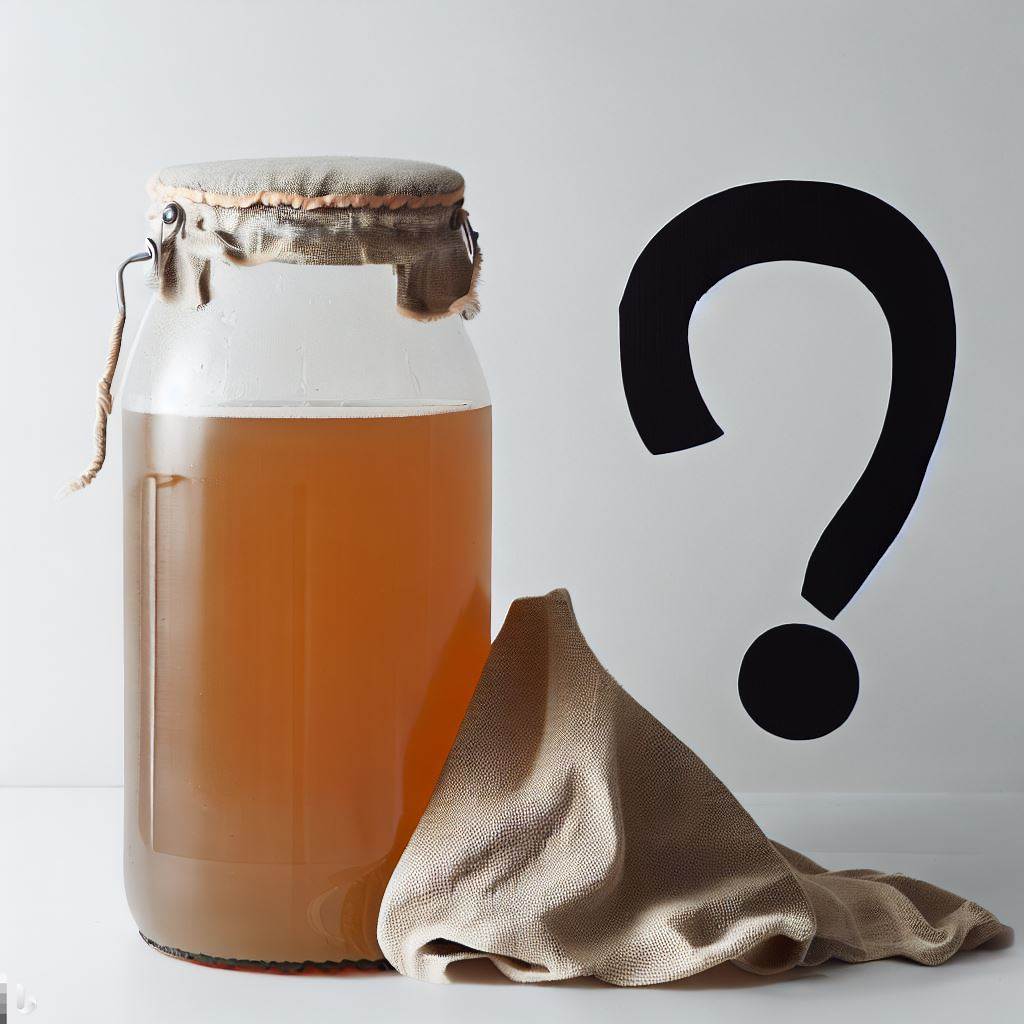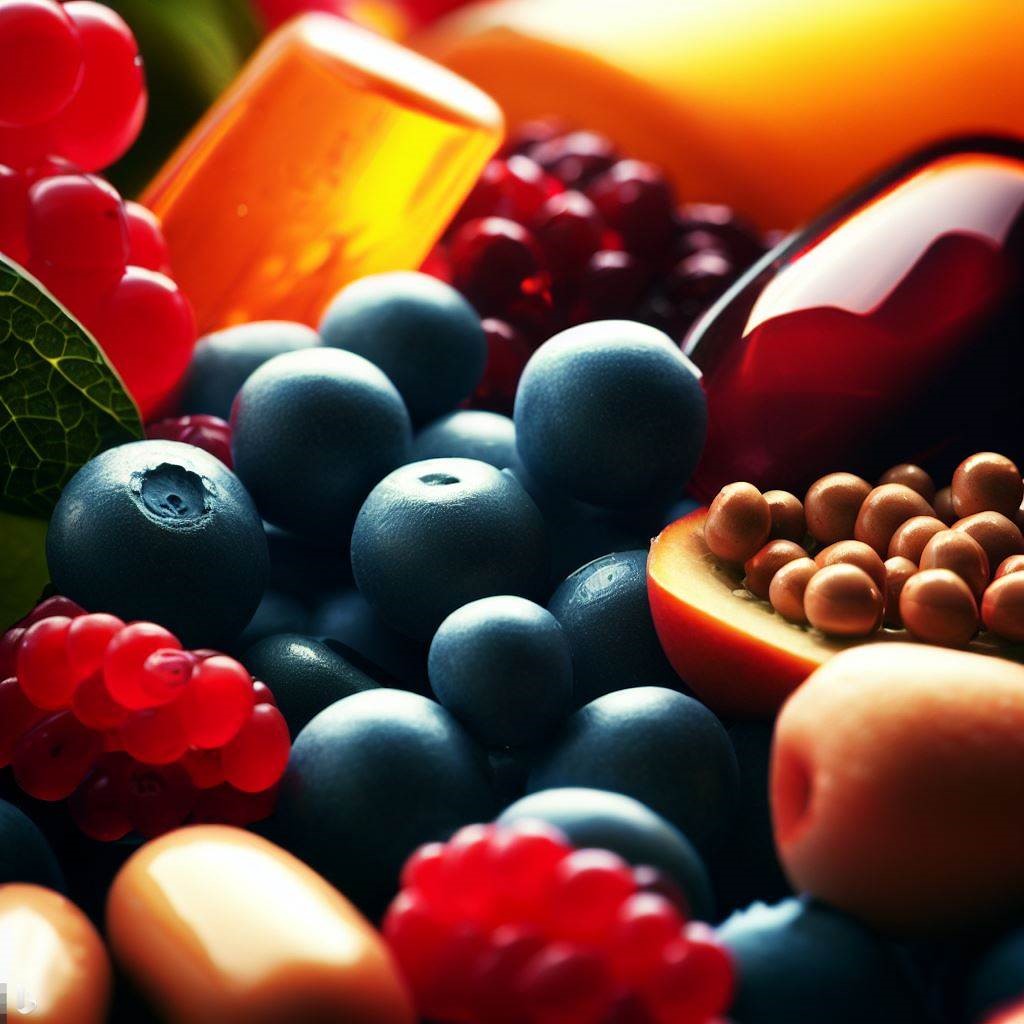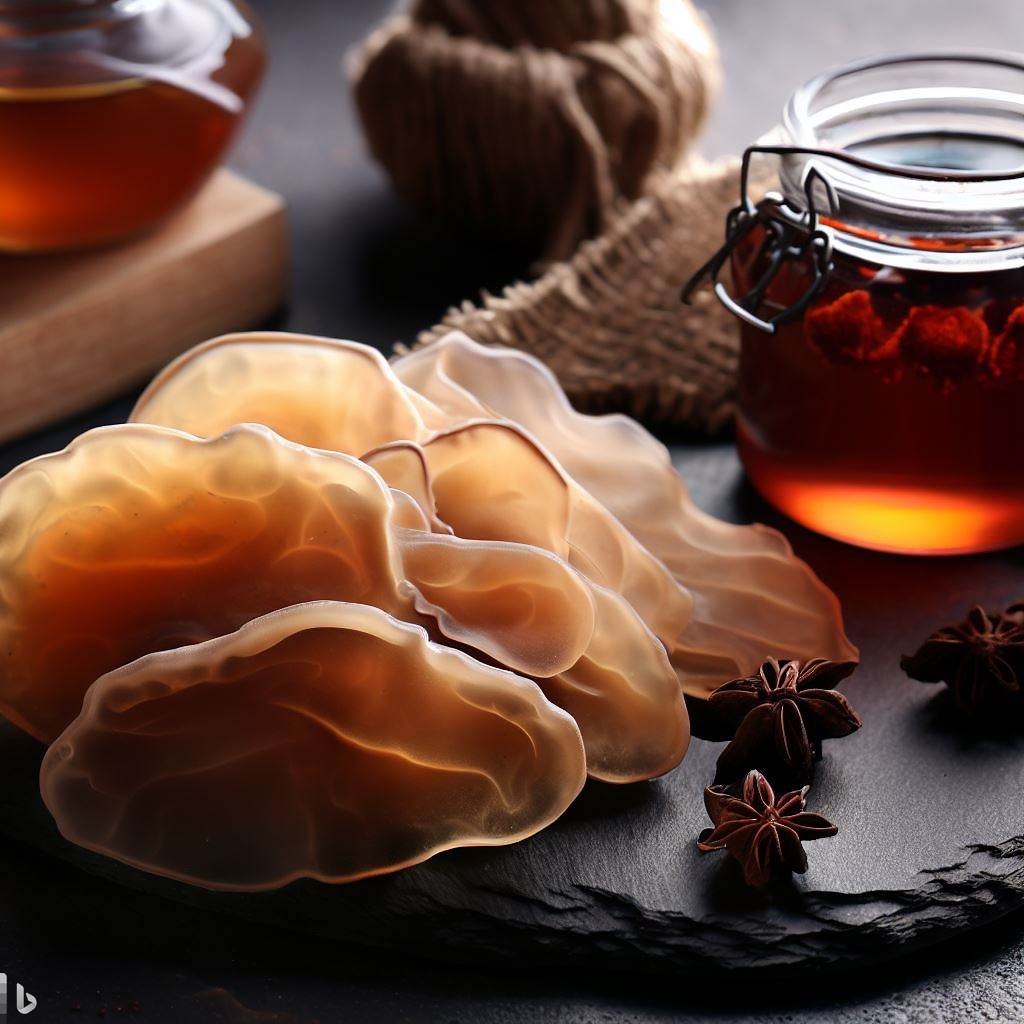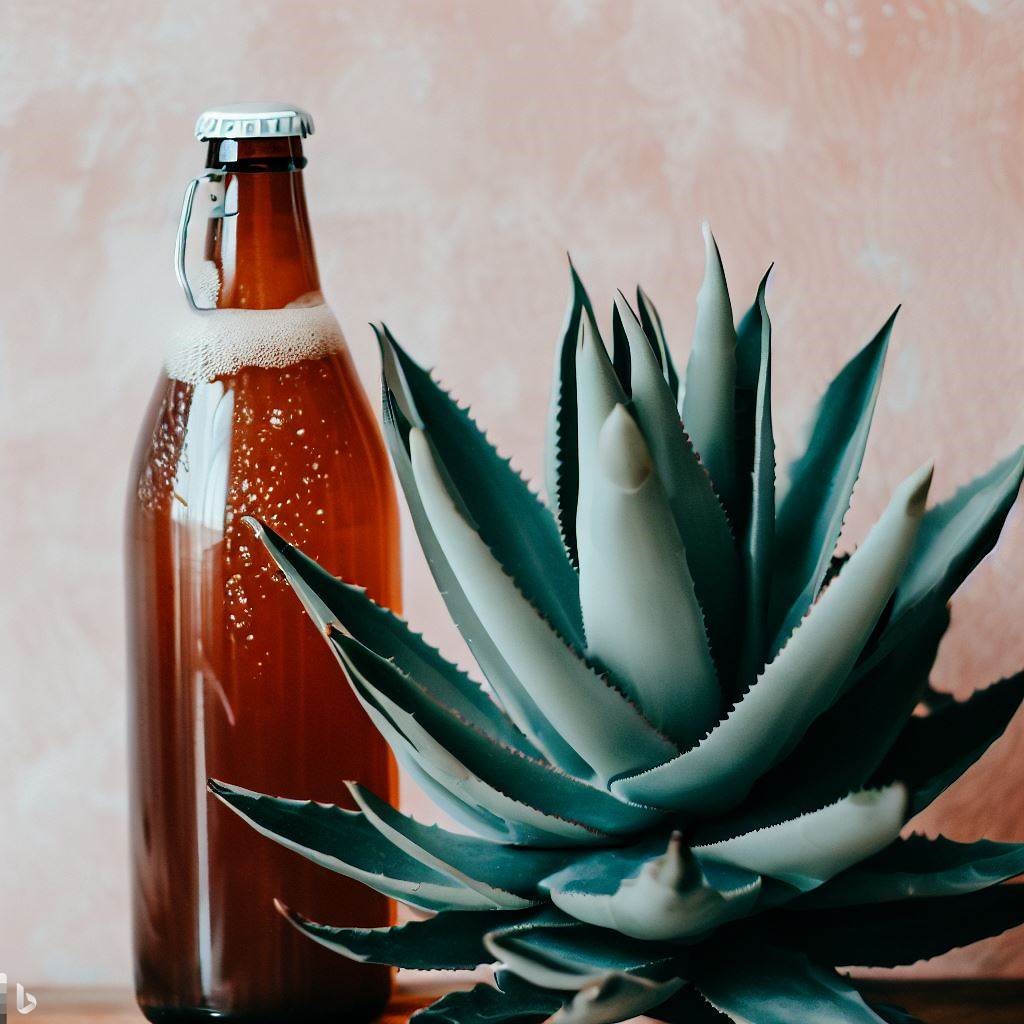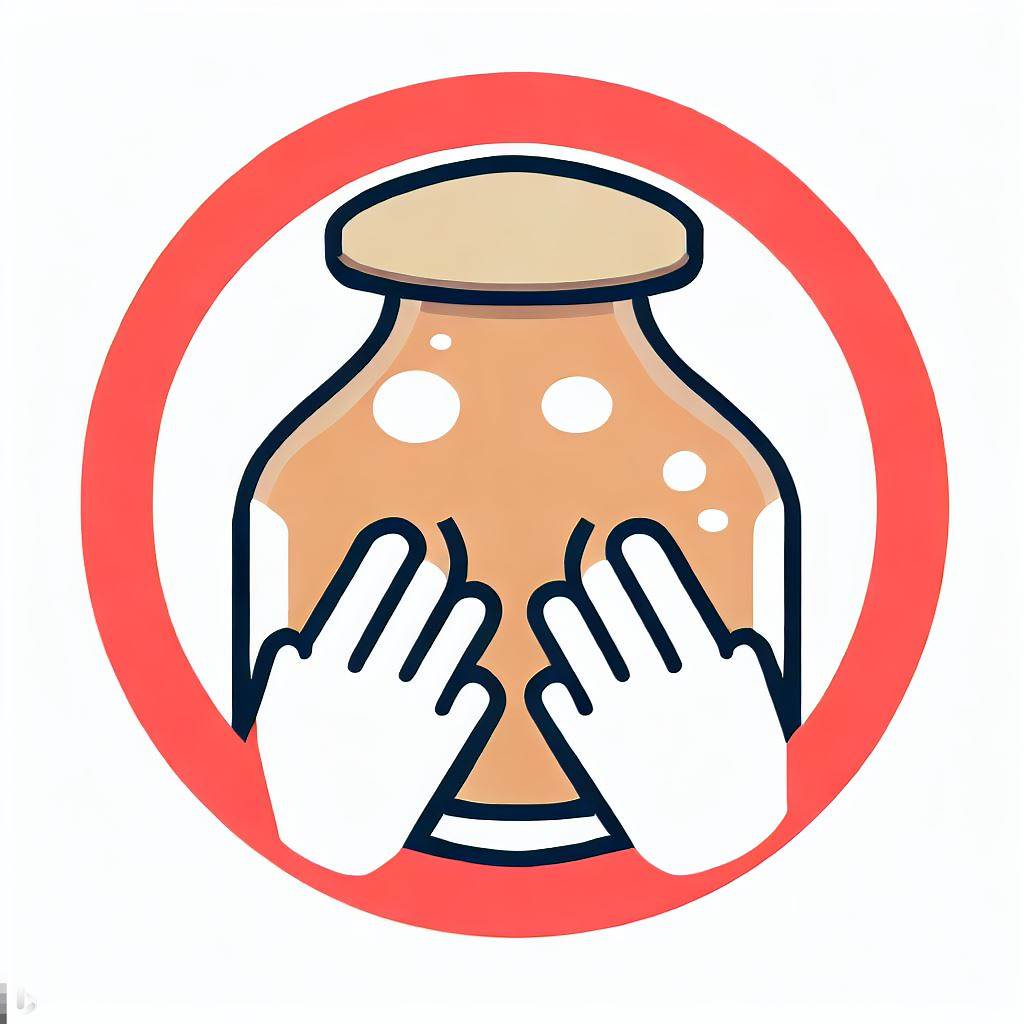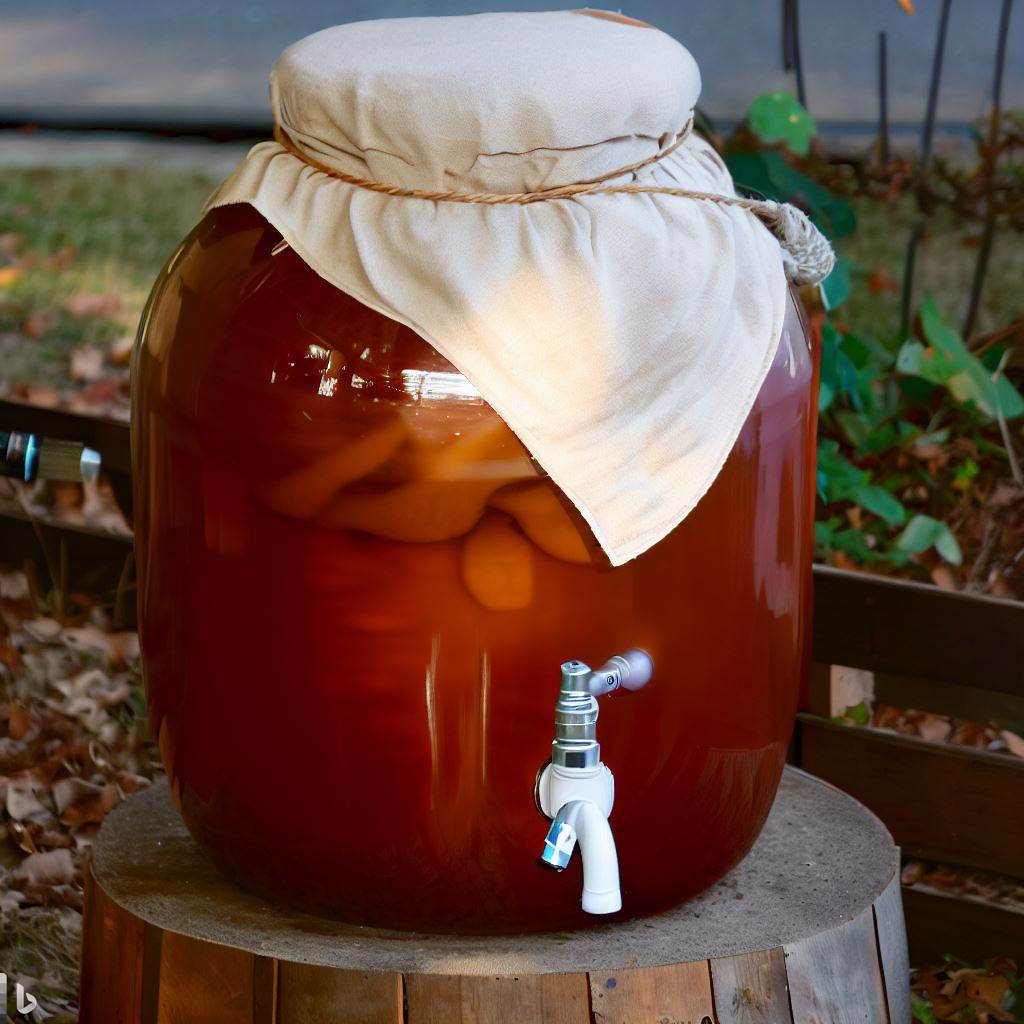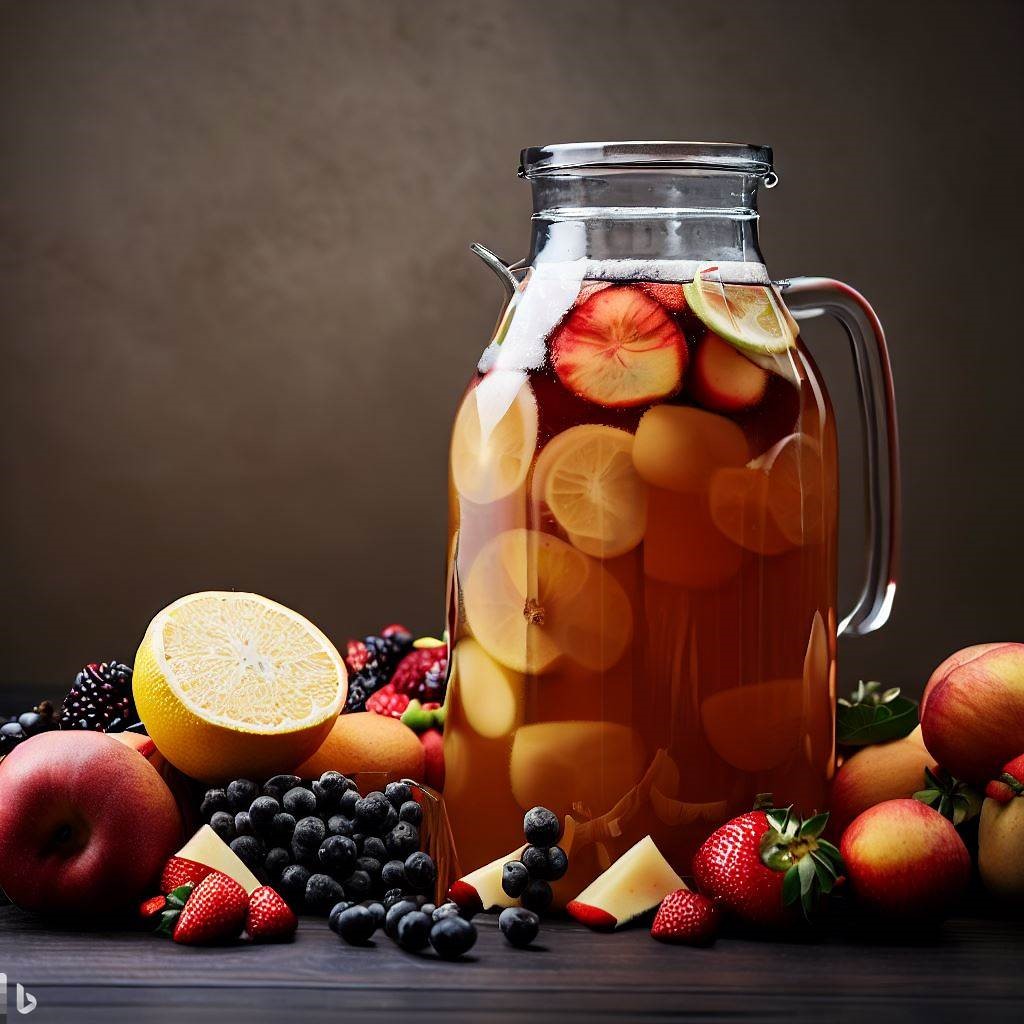Welcome to Greek Mountain Kombucha’s comprehensive FAQ guide on kombucha homebrewing! Whether you’re a beginner or an experienced brewer, this resource will provide you with the answers you need to successfully brew your own delicious kombucha at home. From the basics to troubleshooting common issues, we’ve got you covered. Let’s dive in!
The Ultimate Kombucha FAQ: Your Top 20 Questions Answered

Brief History of Kombucha
Kombucha has a long history that dates back thousands of years. It is believed to have originated in East Asia, particularly in China, where it was revered for its detoxifying and energizing properties. Over time, the practice of brewing kombucha spread to other parts of the world, including Russia, Europe, and eventually North America. Today, kombucha is enjoyed by millions of people worldwide.
Benefits of Drinking Kombucha
Drinking kombucha offers various potential benefits to your health. Some of the notable benefits include improved digestion, increased energy levels, strengthened immune system, and detoxification. Additionally, kombucha is known for its probiotic properties, which can contribute to a healthy gut microbiome.
How is Kombucha Made?
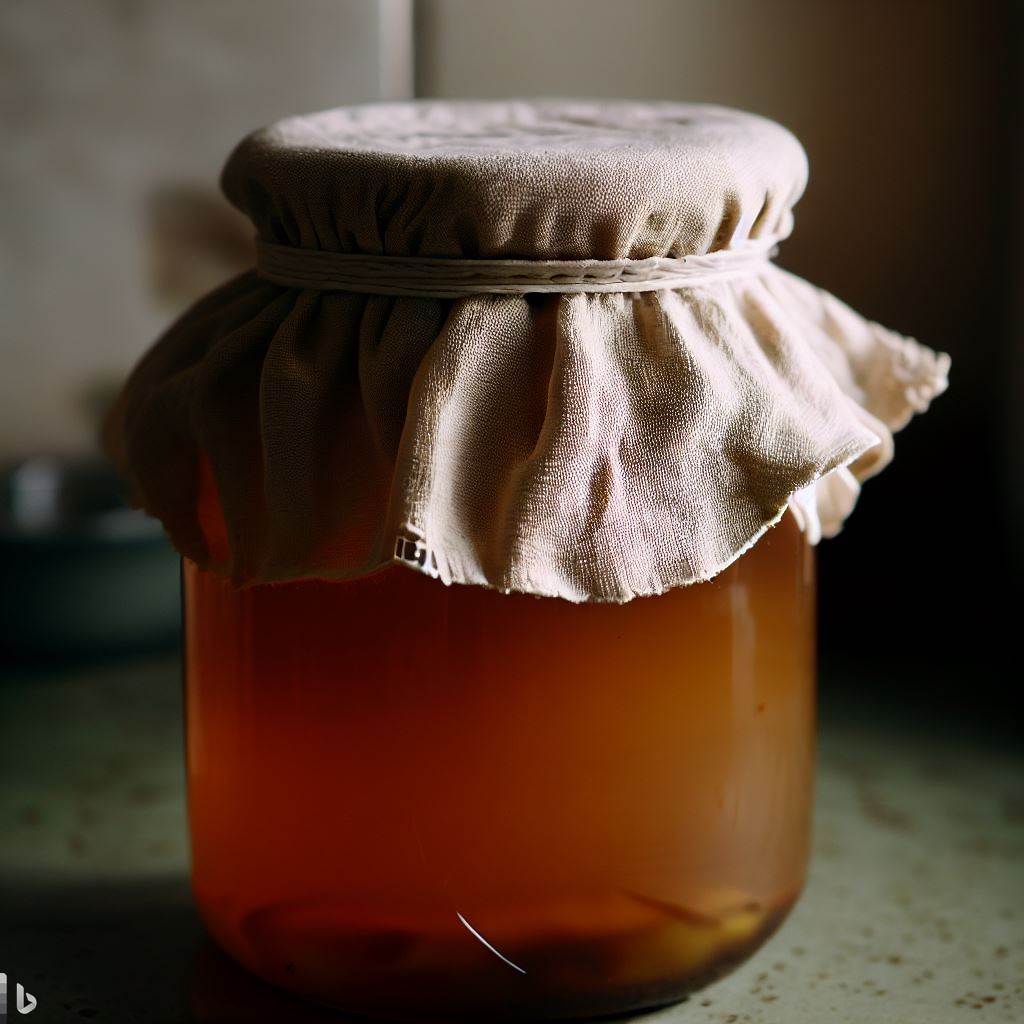
Ingredients and Equipment
To make kombucha, you will need a few key ingredients and equipment. The basic ingredients include tea, sugar, and a SCOBY. The type of tea and sugar used can influence the flavor profile of the final product. As for equipment, you will need a glass jar, a breathable cover (like a cloth or coffee filter), and a rubber band to secure the cover.
The Fermentation Process
The fermentation process of kombucha involves several stages. First, the tea and sugar mixture is brewed and cooled. Then, the SCOBY is added to the cooled tea, initiating the fermentation process. The SCOBY consumes the sugar, producing organic acids and carbon dioxide. This process typically takes around 7 to 14 days, depending on factors such as temperature and desired flavor.
Common Flavors and Variations
Kombucha comes in a wide range of flavors, thanks to the addition of various fruits, herbs, and spices during the secondary fermentation stage. Some popular flavors include ginger, raspberry, lemon, and lavender. These additions not only enhance the taste but also provide additional health benefits.
Is Kombucha Good for You?

Probiotic Properties
One of the main reasons why kombucha is considered good for you is its probiotic properties. Probiotics are live microorganisms that can benefit your gut health. Kombucha contains a variety of beneficial bacteria and yeasts, such as Acetobacter, Gluconacetobacter, and Brettanomyces, which contribute to the probiotic content.
Detoxification and Digestive Health
Kombucha is often associated with detoxification and digestive health. The organic acids produced during fermentation, such as acetic acid and gluconic acid, may support the detoxification process in your body. Furthermore, kombucha’s enzymes and probiotics can aid in digestion, potentially alleviating digestive issues.
Potential Health Risks and Precautions
While kombucha offers potential health benefits, it’s essential to be aware of certain risks and take precautions. For example, improper brewing or contamination can lead to the growth of harmful bacteria or molds in the kombucha, posing health risks. Pregnant or breastfeeding individuals, as well as those with compromised immune systems, should consult their healthcare provider before consuming kombucha.
How to Incorporate Kombucha into Your Diet?
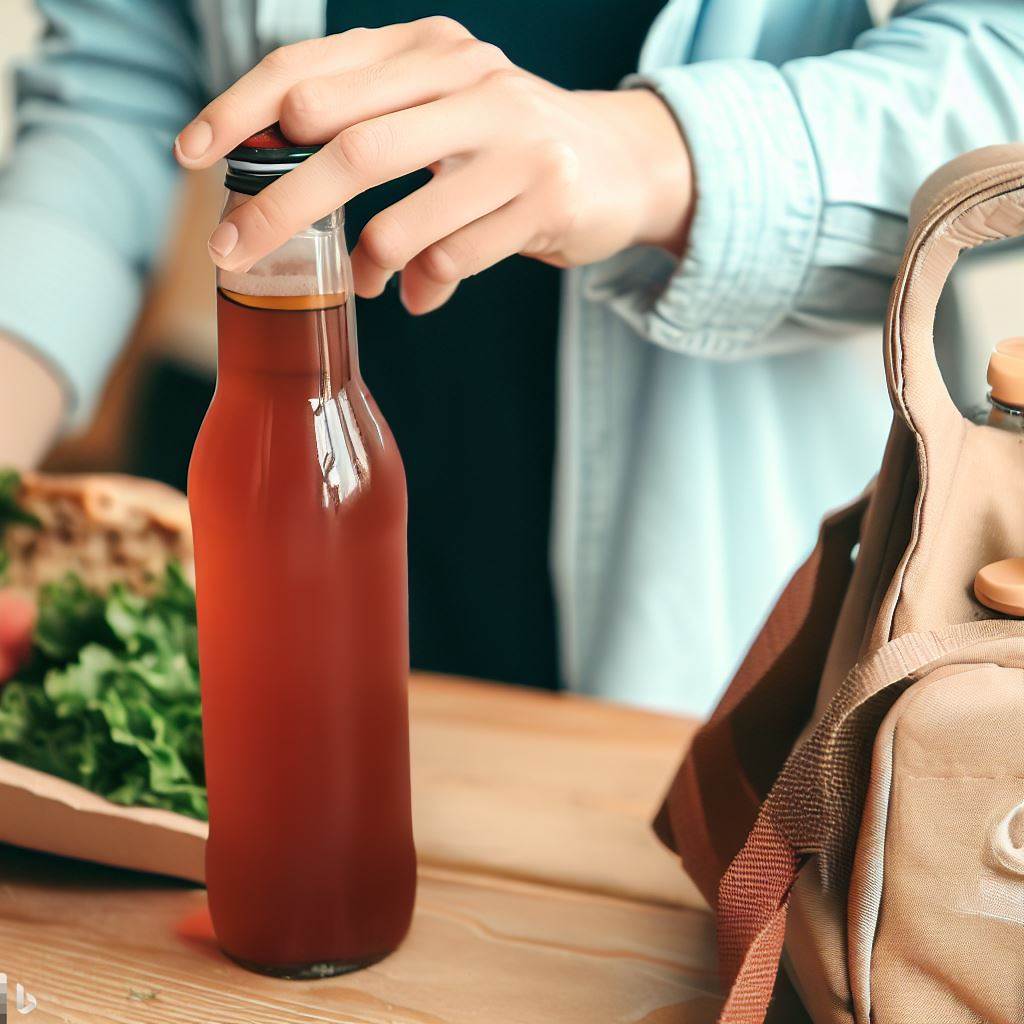
Daily Consumption Recommendations
The recommended daily consumption of kombucha varies depending on individual preferences and tolerance. It is generally advised to start with a small amount, such as 4 to 8 ounces per day, and gradually increase if desired. However, it’s important to listen to your body and adjust the intake based on how it makes you feel.
Kombucha as an Alternative to Soda
If you’re looking for a healthier alternative to soda, kombucha can be a great choice. Unlike soda, which is often high in sugar and artificial ingredients, kombucha provides a naturally fizzy and flavorful beverage with lower sugar content. It can satisfy your cravings for a refreshing and bubbly drink without the negative effects of soda.
Kombucha Cocktails and Mocktails
Kombucha can also be incorporated into cocktails and mocktails for a twist of flavor. Its unique taste and effervescence can add depth to your favorite alcoholic or non-alcoholic beverages. For example, you can create a kombucha mojito by combining mint, lime, rum, and your favorite kombucha flavor. The possibilities are endless, so don’t be afraid to experiment!
Kombucha and Gut Health

Gut Microbiome Explained
The gut microbiome refers to the complex community of microorganisms that reside in your digestive tract. These microorganisms play a crucial role in various aspects of your health, including digestion, metabolism, and immune function. Maintaining a balanced and diverse gut microbiome is key to overall well-being.
Kombucha and Gut Health Connection
Due to its probiotic nature, kombucha has been linked to improved gut health. Probiotics can help restore and maintain a healthy balance of gut bacteria, which can positively impact digestion, nutrient absorption, and immune function. However, it’s important to note that individual responses to kombucha may vary, and more research is needed to fully understand its effects on the gut microbiome.
Research and Studies on Kombucha’s Effects on the Gut
While kombucha has a long history of use, scientific research on its effects on the gut is still emerging. Several studies have explored kombucha’s potential health benefits, including its influence on gut health. For example, a study published in the Journal of Medicinal Food found that kombucha improved gut barrier function and reduced inflammation in animal models. However, further studies are needed to validate these findings and determine the specific mechanisms involved.
Our Frequently Asked Questions – Top 5

- What is kombucha?
Kombucha is a fermented tea beverage that is made by combining sweetened tea with a symbiotic culture of bacteria and yeast (SCOBY). The fermentation process produces a tangy and slightly effervescent drink. Dive deeper into our What is Kombucha article fore more info. - Can I brew kombucha at home?
Absolutely! Homebrewing kombucha is a fun and rewarding process that allows you to customize flavors and experiment with different ingredients. Details on homemade vs store bought kombucha for you in this article link. - What equipment do I need to brew kombucha?
To get started, you’ll need a few key items: a brewing vessel, a SCOBY, tea, sugar, a breathable cover, and a thermometer. Optional equipment includes a pH test kit, flavorings, and bottles for bottling the finished kombucha. Need supplies? Look at our Supply Blog post. - Where can I get a SCOBY?
You can obtain a SCOBY from a friend who brews kombucha, purchase one online, or even grow your own from a store-bought bottle of raw, unflavored kombucha. Our article for you on the Importance of a SCOBY is here. - What type of tea should I use?
Black tea, green tea, and a combination of the two are commonly used for brewing kombucha. Avoid using teas with added oils or flavors, as they can harm the SCOBY. Looking for some experimental teas? Check out our blog post in the link prior.
Kombucha FAQ – Next Five Questions
6. How much sugar should I use?
The general guideline is to use one cup of sugar per gallon of tea. The sugar is essential for the fermentation process and will be mostly consumed by the SCOBY. Our article on Sugar is here.
7. How long does it take to brew kombucha?
The fermentation time can vary depending on factors such as temperature and personal preference. On average, it takes about 7-14 days for kombucha to ferment.
8. How do I know when my kombucha is ready?
Taste testing is the best way to determine if your kombucha is ready. It should have a pleasant balance of sweetness and acidity. The longer you ferment, the more tart and less sweet it will become.
9. Can I flavor my kombucha?
Absolutely! Once your kombucha has finished fermenting, you can add flavorings such as fruit juice, herbs, or spices. This is done during a secondary fermentation process. Check out our favorite 10 flavors of Kombucha in this article.
10. How do I prevent mold from growing on my SCOBY?
Maintaining a clean brewing environment and using proper hygiene practices is crucial. Ensure that your hands, equipment, and brewing vessel are clean before handling the SCOBY. Our blog on Avoiding Mold can be found here.
Booch FAQ – 5 More Questions

11. What temperature is ideal for brewing kombucha?
The ideal temperature range for brewing kombucha is between 75-85°F (24-29°C). Avoid extreme temperature fluctuations, as they can affect the fermentation process.
12. Can I use tap water for brewing kombucha?
Using filtered or distilled water is recommended to avoid any potential contaminants or chemicals that may be present in tap water. Chlorine, in particular, can harm the SCOBY. Our preferred water can be found on this article.
13. How do I store my finished kombucha?
Once your kombucha has reached the desired level of carbonation, transfer it to airtight bottles and store them in the refrigerator. This will slow down the fermentation process. Our prferred Jars are on this link and the Importance of Refrigeration article is here. Finally, storing fermented kombucha in a Cooler is the most safe in F2 fermentation. Our article for you on storing in a cooler is here.
14. Can I reuse my SCOBY?
Yes, you can reuse your SCOBY for multiple batches of kombucha. Simply reserve a portion of the SCOBY along with some starter liquid for your next brew.
15. How do I troubleshoot common issues?
Common issues include weak or slow fermentation, overly sour or sweet kombucha, and mold growth. Troubleshooting tips include adjusting brewing temperature, fermentation time, and ingredient ratios. Doulbe check our Quickstart guide if you have an issue to see if you can figure it out. Or Search for an article for yourself on our Search Bar at GMK.
FAQ – Final 5 Questions
16. Can I make kombucha without caffeine?
While kombucha is traditionally made with caffeinated tea, you can experiment with herbal teas or decaffeinated tea. Keep in mind that the SCOBY may not thrive as well without caffeine.
17. Is kombucha safe to drink?
When brewed properly, kombucha is generally safe to drink. However, individuals with compromised immune systems or certain health conditions should consult their healthcare provider before consuming kombucha.
18. How do I prevent my kombucha from becoming too carbonated?
To control the carbonation level, burp the bottles during the secondary fermentation process by gently opening them to release excess gas. This will prevent them from becoming overly carbonated and potentially exploding. Here is our article for you on why you should Burp Bottles. As well as my personal story on how to avoid kombucha explosions!
19. Can I adjust the sweetness of my kombucha?
Yes, you can adjust the sweetness of your kombucha by controlling the fermentation time. The longer you ferment, the less sweet it will be.
20. How do I clean my brewing equipment?
Clean your brewing equipment with hot water and mild soap after each use. Rinse thoroughly to remove any soap residue, as it can harm the SCOBY. Sanitizing your Kombucha Equipment is key.
Congratulations you are done with the Ultimate Kombucha FAQ!!!

Congratulations! You’ve now gained a solid understanding of kombucha homebrewing through our comprehensive Kombucha FAQ. Armed with this knowledge, you’re ready to embark on your own kombucha brewing journey. Want to do a deep dive on a Youtube based Kombucha FAQ? Click here! Remember to have fun, experiment with flavors, and enjoy the process of creating your own homemade kombucha. Cheers to your brewing success, Happy Brewing y’all!
Thanks for reading our Kombucha FAQ. Interested in more Kombucha Related Blogposts? Check these out!

